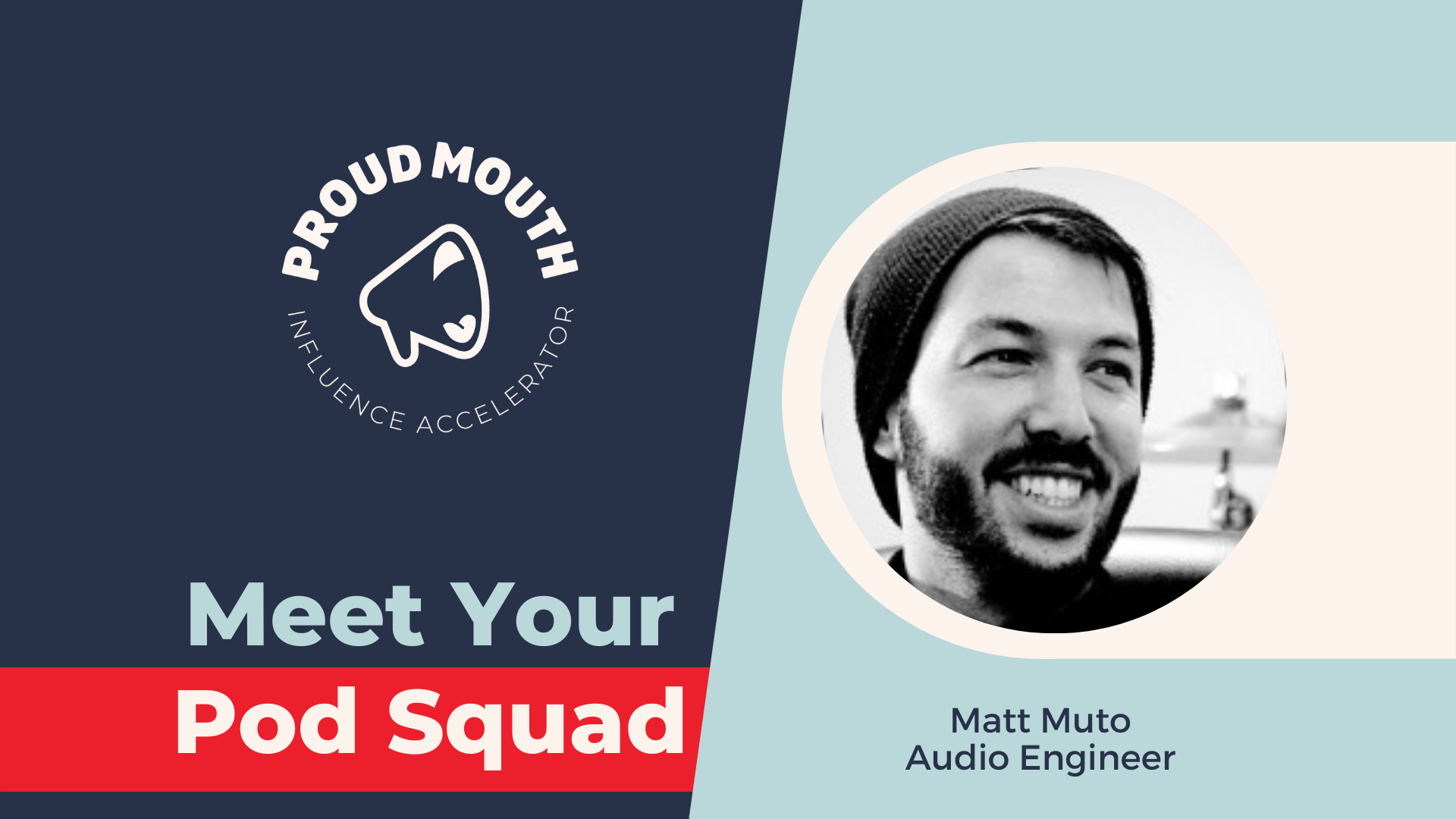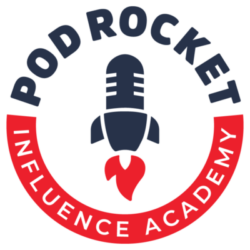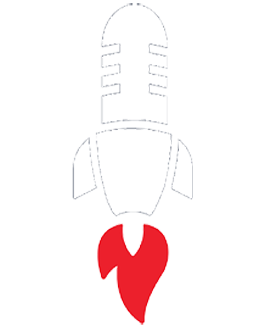Welcome to another edition of Meet Your Pod Squad! Every interview gives you the opportunity to get to know the ProudMouth team better!
Today, we’re talking to Matt Muto, a podcast editor and audio engineer. Matt ensures that the audio quality of our clients’ podcasts are top notch. He also lends his audio-engineering talents to our in-house shows, “Be Your Own Loud” and the “Top Advisor Marketing Podcast.”
Let’s get to know Matt…
(Listen to Matt’s interview with our CRO, Matt Halloran, or keep reading!)
What do you enjoy about working at ProudMouth?
The ability to work from home with hard working individuals during a global pandemic is incredible. And, when I’m working on a podcast that I’m enjoying as a podcast itself, that’s pretty great!
Despite the fact that we all work from home, and some of us in a freelance capacity, I’ve had the pleasure of getting to know some pretty special people. The more I talk to the team, the more I find myself thinking that ProudMouth has been incredibly fortunate to have found these folks. Again, this is a special group of people!
I also love the fact that ProudMouth is more than happy to support our team members in the work they’re doing outside of the company. My colleague Lauren Bus has gotten great feedback on her podcast, and I’ve also received a lot of helpful insight regarding my company and intro video for my website, mutoproductions.com.
Please describe a typical day in the life of an audio engineer.
Owning my own company and being a freelancer keeps me busy, and thankfully everyone at ProudMouth has been very accommodating as my career outside of the company grows. Robyn, Lisa, and Matt have all been incredible at adjusting expectations and requests so I have enough notice to do the best job I can not only here at ProudMouth, but also as a professional outside of the company. We have a variety of ways we communicate, but the most productive and organized way we communicate is through Asana.
Asana is a web-app that keeps track of and organizes our deadlines and tasks as a team. After enjoying an early breakfast, I start every day looking at what tasks are upcoming or due that day, and I schedule time for the upcoming days that’s dedicated to those tasks, squeezing them in between my many meetings and external projects.
Sometimes I’m assigned to engineer podcasts, making sure they sound great and meet the established standards for all major podcasting platforms. Sometimes I’m also assigned the editing, mixing, and mastering of show intros and outros –– and those are my favourite. There are times when a short section of the background music for an intro needs to be looped seamlessly, and that’s where my experience as a music producer comes in handy.
Which digital tools do you use every day?
- DAW (digital audio workstation) software
- Reaper is the swiss army knife of swiss army knives:
– It’s supported on every major OS for computers
– There are constant updates and developer support
– Plus, Repack has so many amazing free tools! It’s a library or package of various other pieces of software tools that can be used within Reaper –– all free!
- This isn’t podcast focused, but I just bought a Tape plugin from Softube that emulates the sound of audio being recorded and played back on tape; it’s incredibly accurate and adds a lot of warmth
There are so many great tools, plugins, and DAWs out there. Do your research and use whatever you work the best in!
If you had a podcast, what would it be about?
I hosted a podcast and radio show last year, showcasing local musicians in Kingston, Ontario!
The show featured live performance sessions and interviews with local musicians. My role involved hosting and producing the show, promoting it online locally, and corresponding with artists.
Which podcasts are you listening to these days?
- No Dunks (formerly “Starters” on NBA TV and “Basketball Jones” on The Score)
- A lighthearted NBA podcast
- An incredible eye-opening podcast about the political corruption and persistent violent prejudice against Canadian Indigenous communities in Thunder Bay, Ontario
What’s the best compliment you’ve ever received about your work?
I was once compared to Kanye West’s mentor, No I.D., by a former client; I couldn’t settle for being just a mix engineer (despite that being what was requested) for that album and made lots of creative suggestions and additions to the project.
In your approach to editing audio, where do you draw inspiration from?
Alfio Annibalini and John Switzer are two people I began my audio engineering journey with in Toronto, Ontario, while I took the Independent Music Production certification at Seneca College on York Campus. They are instructors and coordinators for the department at the College. In addition to being amazing human beings with a lot of patience and passion for what they do, Alf and John really hammered home the fact that if you work hard enough and wear a variety of hats, you can make the music and audio jobs work for you and make a living off of it.
From a place of pure admiration for their techniques and uniqueness, I’m also inspired by:
- Kevin Parker of Tame Impala
- MF DOOM
- George Martin (various Beatles records)
- Dr. Dre
- Eddie Kramer (Jimi Hendrix)
- Mike O’Brien and Carlin Nicholson (Zeus)
- Alan Parsons (various Pink Floyd records)
What kind of podcast episode keeps you listening to the end? What’s working well for that episode?
- Organized chaos:
- I appreciate a highlight or skeleton at the beginning of the show that mentions what will be discussed throughout
- I also appreciate when the conversation between hosts and guests sounds natural –– unless a podcaster has practiced this or is consciously trying to sound casual throughout, listeners can tell when podcasters are reading from a script
- An episode that doesn’t focus too much on the host, unless it ties directly to the main topic
- Clean and balanced sounding audio. I say this not only as an audio engineer, but also as an average listener: If a podcast feels exhausting to listen to because it’s not easy on the ears, fewer people will listen to the end
How important is it for podcasters to use state-of-the-art equipment?
You don’t really need industry standard equipment, especially if you don’t know how to use it. The format of your show, the content, the organization, and how you present it is what matters more than anything. Making your show interesting and entertaining is most important. That being said, if you use professional equipment properly, it will show people how serious you are about the quality of your product.
If they really wanted to, could someone DIY their podcast editing?
I’m not trying to put myself out of a job, but really, you don’t need someone like me to get started with your podcasts. There are so many YouTube videos out there that show you how to do simple things in editing programs like Audacity.
What can podcasters do to make the editing process smoother for audio engineers?
- Try to limit your use of filler words (e.g., um, you know, like)
- Stay at a consistent distance from the microphone
- Be mindful of the microphone, and what you’re doing while it’s recording. Try not to move around in your chair, breathe into the mic, lick your lips, “tisk” before speaking…and probably other things I’m forgetting
- Something to avoid: A lot of people tend to talk for a while without intermittent breathing, so that when they get towards the end of their statement, they start to run out of breath and quiet down significantly, take a deep breath, and then get really loud again
- Try your best to be conscious of your surroundings and where you’re recording
- Pets, family members, friends, housemates, and open windows
- Turn off notifications from programs on your computer and phone. All devices and software other than the platforms you’re using for the podcast should be off. Liken it to being live on air at a radio station
What can podcasters do while recording to help produce a high-quality podcast?
- Try to put yourself in the mind of the listener. Before you record, remind yourself that you’re doing a show that’s meant to inform and entertain, and that this isn’t simply a conversation with friends or colleagues
- Take time to prepare for your show. Don’t go into your show with a just vague idea of what you’re talking about
- Prepare your main topics with subtopics in a document to refer to while you’re recording. Also, introduce these topics at the beginning of the show so listeners know what to expect from the rest of the show
- You don’t need to be in a professional sound-treated studio or room, but try to record in space where all those things I mentioned above won’t be picked up on the mic, but also try your best to not record in an echoey room





